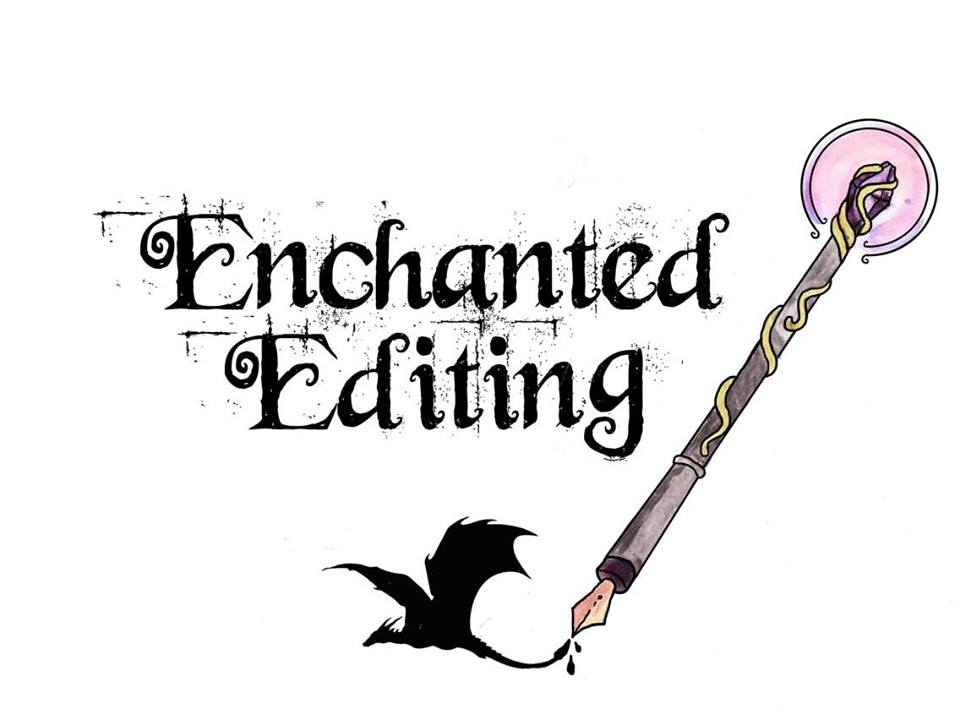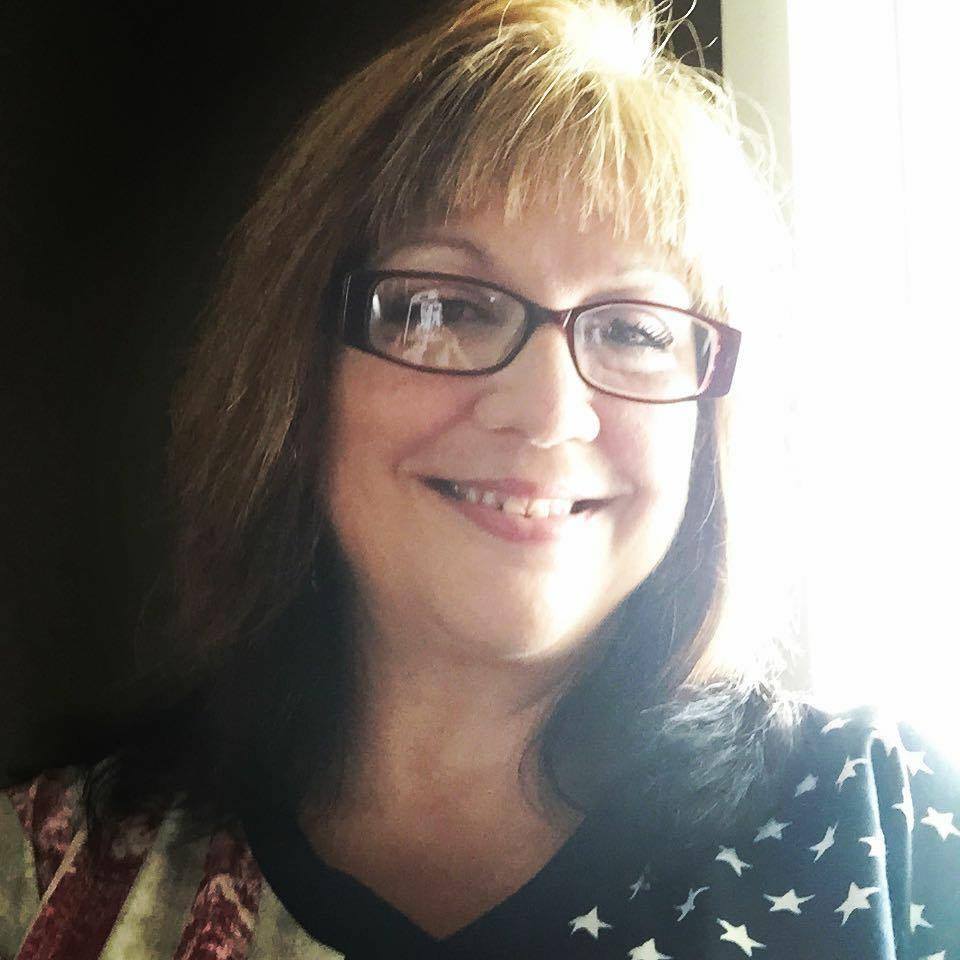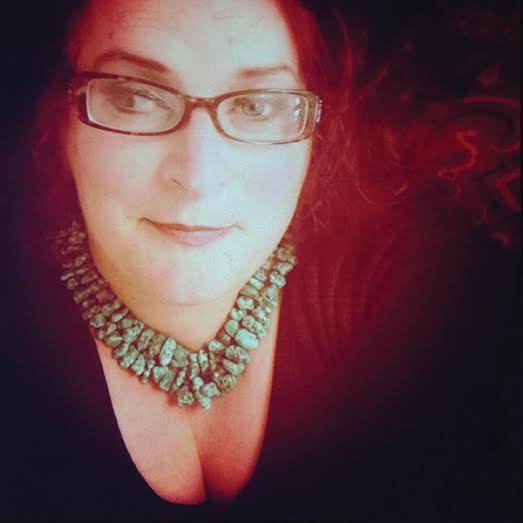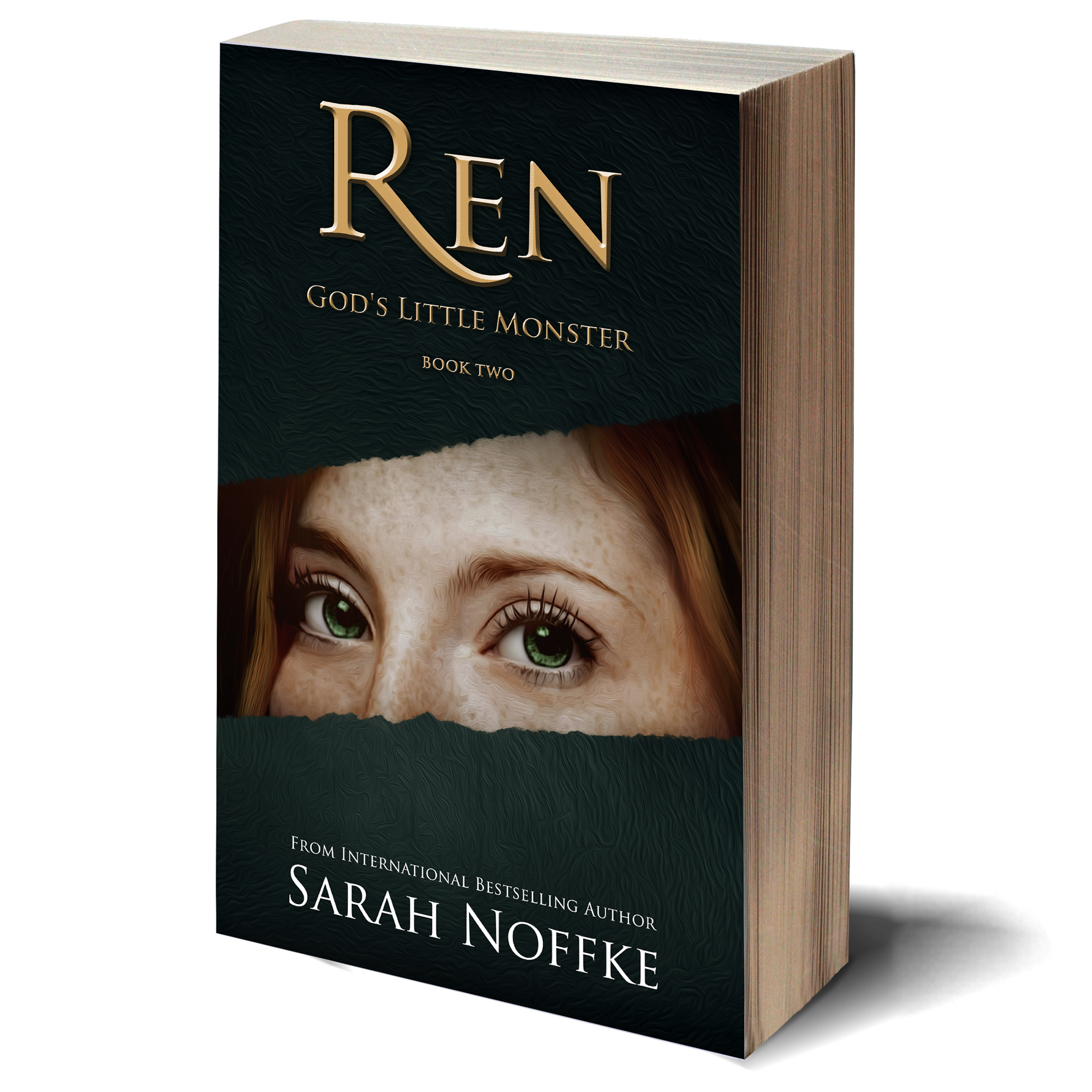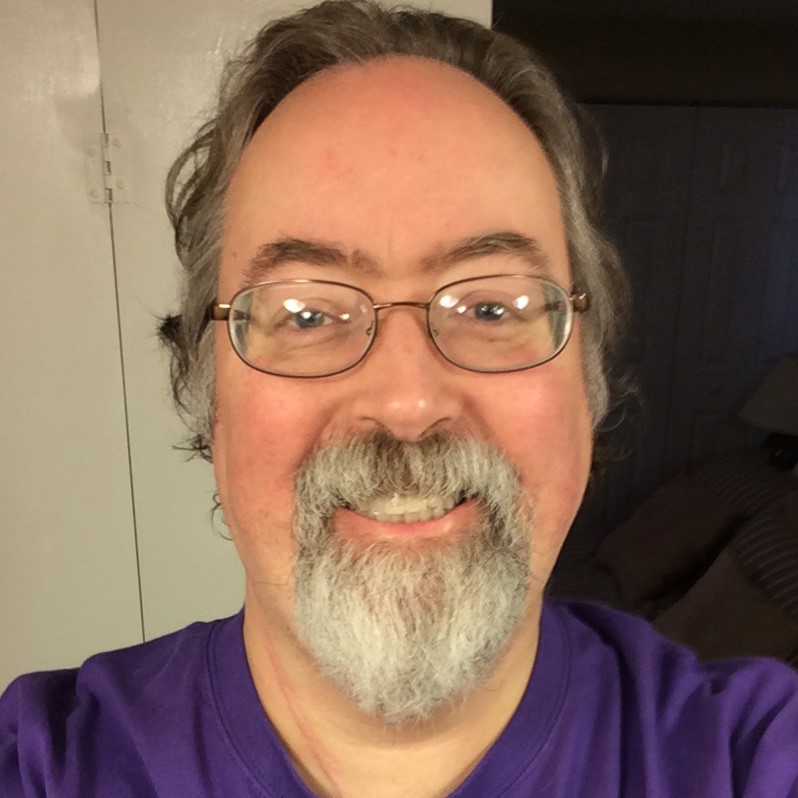The statement above is a lie, I have to admit. I only used it to get your attention. By rich I really mean relatively poor. And by quick I mean in ten to twenty years if you’re lucky, talented and a hard worker. So why am I being so negative? I’m not really, just being realistic and trying to set the many aspiring Indie writers’ expectations appropriately. Why? Because more and more people are telling me that they wrote a book and self-published in hopes of making some quick cash, becoming a bestseller, and quitting their day job. I’m not here to shatter those dreams, but I do want to put things into perspective. I’m also here to shed a little light on the question: Why is it so hard to get people to buy self-published books? And along with that, hopefully give a few tips on what I’ve done to overcome that challenge. Keep in mind, although my success has been moderate as an Indie author, everyone has a different style and what works for me may not work for you. You have to find your own niche.
Did I have big dreams when I first starting writing and publishing? You betcha! I had “bestseller” bouncing around in my head, dreams of being well known across the industry, of finding a publisher with my first novel, of quitting my job and becoming a career author! Well, three years later I’m a fulltime author, but none of the other dreams have yet to come to pass. But I’m not giving up, because I’ve gained a lot of perspective and really had time to think about why I write in the first place. It’s not for the possibility of riches or of a publishing contract or of book signings or fame or glory…no, it’s simply because I love it! I’d encourage anyone else who’s thinking about writing a book, already writing one, or having already published one, to ask yourself the same question. If your answer is anything other than you love writing, maybe you’re on the wrong track.
So you’ve written and published a book, woohoo! Success! Right? My answer is a resounding YES! You should be extremely happy, writing a novel is challenging and doing so should be considered a HUGE victory. Even if you don’t sell a single copy, you should be proud. If I sell 10 of my books and you only sell 5 of yours, does that mean mine’s better? Maybe, but not necessarily. It simply means I’ve had more success overcoming the stigma that Indie novels have. Namely, that they’re poorly edited crap that isn’t worth the $0.99 or $2.99 or whatever you pay for it. On that note, why is getting people to buy self-published novels so difficult? Here are my thoughts and solutions.
1. Problem: Editing! Everyone finds typos in novels, even big published ones. Some people roll their eyes, some people laugh and joke, others barely notice or ignore it and move on. But most published novels have few, less than a handful in a 300-400 page book. Indie novels, on the other hand, yikes! I’ve read a few that have had in the 50-100 range, sometimes more! That can be excruciatingly painful for a reader. So anytime someone picks up a self-published book somehow, somewhere, begins reading it, and finds tons of typos, there’s a good chance it’ll hurt every Indie author. Because that person’s going to say “Hmm, self-published books are poorly edited. I don’t know if I’ll read anymore.” We all suffer even though you had nothing to do with that book!
Solution: Firstly, edit edit edit…and then edit some more. Have friends read your books and give prizes for finding the most typos. Have friends of friends read them. Hire a professional copyeditor if you can afford it. Read it ten times yourself. Find every last bugger. Do us all a favor and help erase the stigma. Because when someone reads a typo-free self-published novel, they’ll say, “Wow, this had less typos than that big bestselling published book I just read!” And they’ll realize, there’s more out there than just books from the big publishing houses, so much more.
Am I just talking about typos here? Although that’s a huge part, no! There’s so much more to editing. Cleaning up dialogue, reading it out loud, thinking “would someone really say that?” Killing excessive use of adverbs, sentence structure, pacing, the list goes on and on. Edit your book to death until no one can tell it’s a self-published novel. When people start reading your book, they’ll respect you, they’ll appreciate your effort, and they’ll be much more likely to tell other people about it as well as buy your next one.
Secondly, giveaway free copies of your book! I know, I know, you’ve worked so hard and you deserve to be compensated. You just have to bite the bullet on this one. The only way to ensure people will read your book and appreciate all your hard work and your talent and the painstaking time you took to edit your novel, is to force them to read it. And if you offer it for free, it will greatly increase your chances that they will. If you giveaway ebooks it won’t cost you a thing. Maybe they’ll write you a stellar review, maybe they’ll tell a friend, maybe they’ll buy the next one. Every book you giveaway has the potential to result in real sales later on.
2. Problem: The plots of Indie novels don’t make sense! This can definitely be true sometimes. Hell, my first drafts usually have all kinds of problems! Unfortunately, many times the bugs don’t get worked out, because, well, us Indies don’t have a team of eagle-eyed editors to point out the flaws in our stories. But that’s no excuse, because it’s killing our ability to be taken seriously in the industry.
Solution: Use beta readers. Not just anyone, good ones! People you don’t know, or don’t know well. Honest people. People who would rather make you cry than let you publish something that’s not as good as it can be. People who care about your books being awesome. You can have family and friends beta read for you, but they can’t be your only beta readers, because it’s much less likely they’ll be completely honest with you. I recommend having at least ten people, but even five can make a huge difference if they’re very critical and brutally honest. I say ten because I’ve had an instance when my first nine betas had already checked in, I’d rewritten and addressed their comments, and I was just waiting on that tenth reader as a formality. To check the box and say “Yep, I got all your comments covered because the other nine said the same thing!” Guess what? That tenth person saw something that the other nine didn’t see. Something big. Something HUGE. Something that improved the story and set the plot on a path that I never would have planned, that made the series a million, zillion times better! Everyone sees different things, so take every opinion seriously.
3. Problem: There are too many Indies out there! How do I stand out? With the creation of ereaders and ebooks, self-publishing has never been easier. In less than an hour, I could create a book that contains just my name spelled backwards and forwards over and over again, publish it in print and ebook, and make it available worldwide. I swear half the people I see joining the YA book groups I’m a member of on Goodreads are new or aspiring Indie authors. I think it’s fantastic! But at the same time, it makes it hard to get noticed. This is a real problem for serious Indies looking to make a career out of writing.
Solution: Don’t be just another Indie author hawking their wares on the street. If there’s one thing I’ve learned is that NO ONE is impressed by Indie authors spamming message boards with rubbish about their books. Become a valuable part of the book community as a READER, not a writer. Show people you care about books, writing yeah, reading more, but NOT SELLING. People will notice and they will respect you, and they might give your books a shot. But if not, who cares? You might make a new lifelong friend in the process.
Don’t compare your books to other bestsellers! Your book might be a cross between The Hunger Games and Lord of the Rings, but don’t say that, please! It’s arrogant and annoying and the few people that fall for it and read your book will hate you for it if they disagree with your bold statement. Just be you! Unique.
The advice from the first point stands here too. If you write well-edited books and giveaway lots of free copies, you’ll start to get noticed, even amongst the crowds.
Be patient! Those who are trying to make quick money will realize how hard and competitive the publishing industry really is and they’ll give up, but if you’re serious and you keep working at it, publishing more and more books, growing your readership slowly over time, you’ll outlast the others. I’m not talking days or months here, I’m talking years. You have to be in it for the long run, looking at success ten years down the road. Every step you take today is a step in the right direction.
4. Problem: Indies can’t handle bad reviews! This is an important and often overlooked stigma. Even I worry about reading Indie novels given to me by the authors, because what if I don’t like it? Can I give my honest feedback? Will I hurt their feelings? Will they get pissed off and write me nasty messages? Sometimes it’s easier just to read the bestsellers because the authors don’t give a crap whether I like their book—there are a million other people who do!
Solution: Don’t react or respond to reviews in a negative fashion whatsoever. Many Indies have gotten themselves into a lot of hot water that way, and once you get a reputation for “reviewer bashing” you’ll never recover. If a review is mean or you think it’s unfair, write it off as bad luck that the wrong person got ahold of your book. Never lash out. If you get a review that’s well-written, balanced, and constructive, read that review ten times over, learn from it, improve from it. Your readers will appreciate that more than you throwing a tantrum.
Wow, I fear I’ve run off the virtual page. If you’ve made it this far, I hope you found my thoughts on the challenges of being a self-published author, and some of my proposed solutions, helpful or at least interesting. I wish you all the best in your writing and publishing endeavors, and remember, never give up!
Happy Reading (and Writing)!
David Estes

David Estes is the author of more than 20 science fiction and fantasy novels that have received hundreds of thousands of downloads worldwide, including The Moon Dwellers, Fire Country, Slip, Brew, and his new SciFi Pinocchio retelling, Strings. He lives in Hawaii with his inspiring Aussie wife, Adele, rambunctious son, Beau, and naughty cat, Bailey. When he’s not writing, you’ll likely find him at the beach swimming, snorkeling, or reading under an umbrella. You can get FOUR FREE books by signing up for his mailing list on his website: http://davidestesbooks.blogspot.com
Apr 12, 2016 | Posted by
AuthorSarahNoffke in
Uncategorized |
Comments Off on Tuesday Takeover: Become an Indie Author and Get Rich Quick! By David Estes (Proud to be an Indie!)
